Euler
HarmonyOS and OpenEuler has shared operating system kernel: Huawei
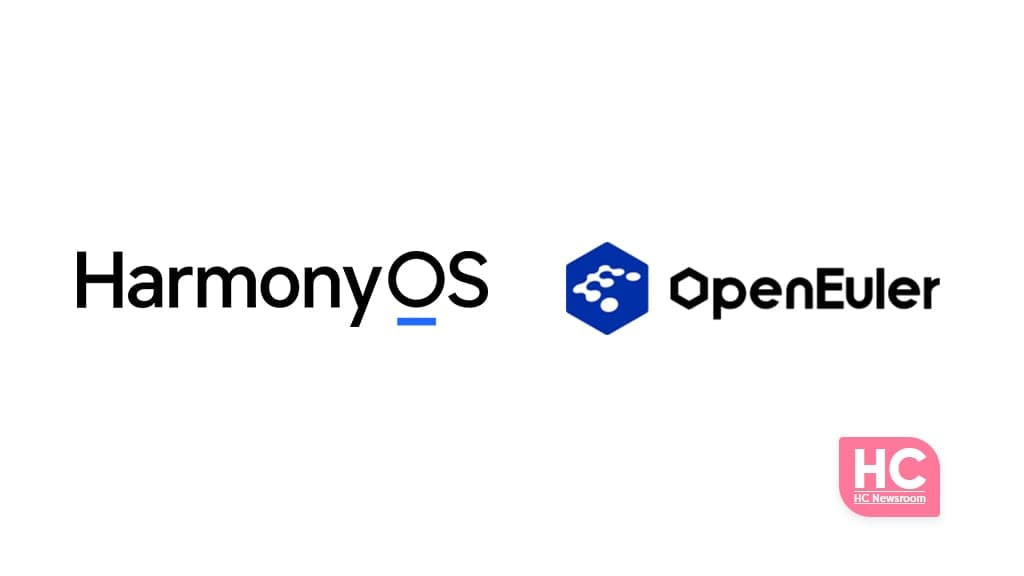
Huawei has officially announced the donation of the OpenEuler operation system at the Operating System Industry Summit 2021. During the event, Huawei officially confirmed some more information regarding the close architectural relationship between HarmonyOS and OpenEuler.
Huawei OpenEuler and HarmonyOS have already inherited the sharing of kernel technology, and in the future, they will further strengthen sharing in the aspects of distributed soft bus, safe OS, device driver framework, and new programming language. Through the sharing of capabilities, ecosystem interoperability will be harnessed.
Wang Tao, Executive Director of Huawei and Director of the ICT infrastructure Business Management Committee said that Huawei will donate the full amount of OpenEuler open source operating system code, brand trademarks, community infrastructure, and other related assets to the OpenAtom Foundation.
Huawei Vice President and President of Computing Product Line Deng Taihua said that after Euler and HarmonyOS interoperate, This will bring us to Euler devices that will automatically recognize Hongmeng devices in applications and better serve the entire digital scenario.

OpenEuler:
OpenEuler has been upgraded from a server operating system to an operating system for digital infrastructure, supporting the full scenarios of digital infrastructure such as IT, CT, and OT, covering the needs of various forms such as server, cloud, edge, and embedded.
With the release of version 21.09, openEuler already includes four application scenarios:
- Server
- Cloud native
- Edge computing
- Embedded System
Currently, the OpenEuler community has around 10000 developers, around a hundred special interest groups, and 300 partner companies. This operating system enables huge possibilities and combines the power of processors, machines, basic software, application software, industry customers, and other partners in the entire industry chain.
(via – Sohutech)
Euler
Huawei Euler operating system exceeds 2.45 million installations

Today, at the 2022 Full Connect Conference, Huawei informed that Euler operating system excelled with a huge number of installations. To date, Euler is actively running 2.45 million products and has offered efficient performance.
Huawei has been serving in the 2022 Full Connect Conference. The event was held from November 7 to November 9. Ultimately, the company unveiled several concepts of HarmonyOS, Kunpeng, Ascend AI, and the Euler system.
While describing technical factors, Huawei’s Executive Director and the ICT Infrastructure Business Management Committee Director – Wang Tao revealed that Huawei Euler has exceeded 2.45 million installations till now.
Significantly, Euler has managed the difficult steps of ecological growth. As of now, it will more productive and reliant in terms of providing services and durable functioning. On the other hand, HarmonyOS has also surpassed 320 million installations.
This is a huge achievement and developers are looking forward to some new tweaks and pinches in the Euler system. However, Huawei hasn’t uttered any word on this matter.
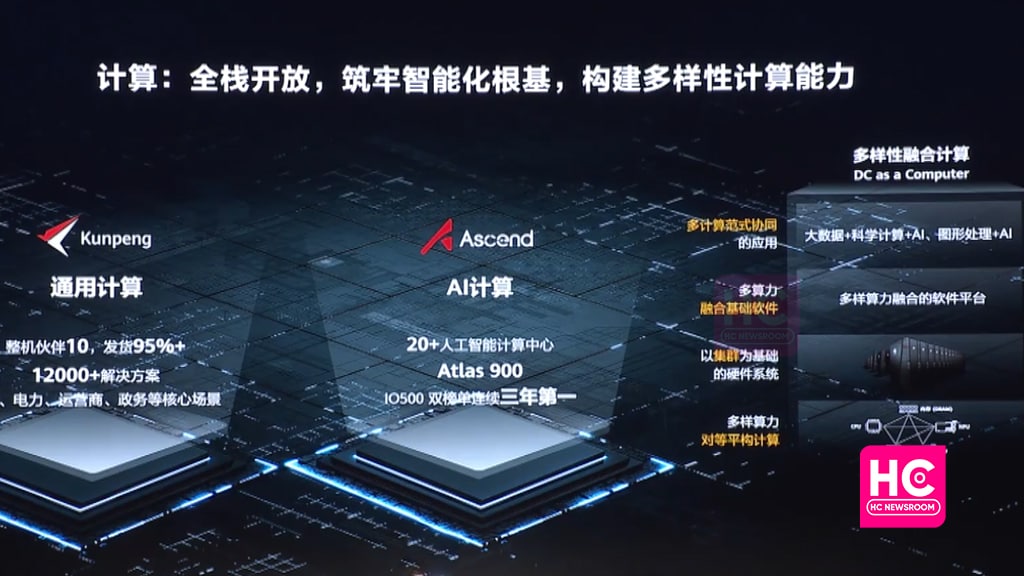
openEuler innovative version
Just like OpenHarmony, Huawei’s openEuler system is an open-source Linux distribution surface. The operating system provides a huge platform for global developers to develop and create innovative software and applications.
In October this year, the new openEuler 22.09 version was released with several thoughtful features. Besides, it also holds finer interconnection capabilities between HarmonyOS and Euler systems. It optimizes the kernel elements and revamps the geographic inspections.
As a result, user experiences better integration and facilities between both systems. Notably, the 22.09 openEuler build includes the participation of 1,265 developers. Further, it has 670 million existing code lines and 20.12 million new code lines.
Read More: New OpenEuler 22.09 version supports better features between Euler and HarmonyOS
Four key factors to digital infrastructure
Additionally, Wang Tao described the four aspects that contribute to digital evolution. These are network architecture, strong computing power, a diversified software ecosystem, and an open digital surface.
Eventually, these measures will bring new opportunities for digitalization.
(Source)
Euler
OpenEuler 22.09 based NestOS Cloud system is released
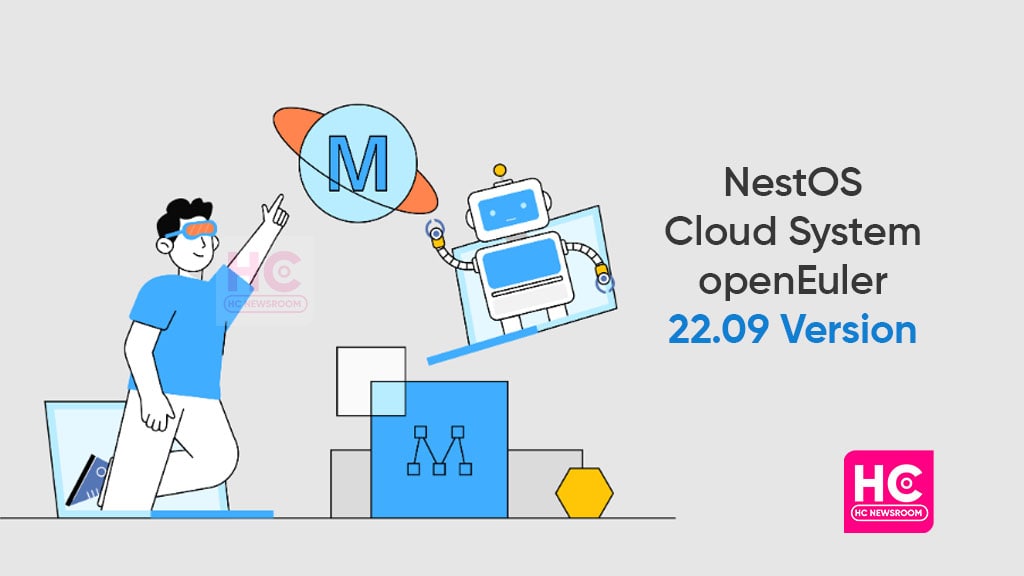
After the new openEuler 22.09 version, the Euler community has released the NestOS Cloud system. The respective cloud base is the result of the effective efforts of Kylin Software and the experts of the Euler open source community.
Let’s understand what is NestOS, and how it is beneficial for the developers.
NestOS is a cloud operating system, based on the openEuler 22.09 version. In November last year, the EulerOS open source community brought this program into existence. It’s a cloud base system that provides the best container host, and safety features to run related tasks on a large scale.
In the latest development, the community has released the NestOS version of openEuler 22.09 with some enhanced features. This time, the new addition is the nestos-assembler container image, optimized K8S, and an improved OpenStack system.
Together, these components will help in providing a new installation experience to the developers and users. Alongside, the respective cloud system also showcases the dual-root file system, and atomic update to quickly integrate and build up the tasks.
NestOS features:
As stated, this is the new version of NestOS based on the openEuler 22.09 version. Hence, some fresh and unique features are taking place in this system. Let’s read about them one by one.
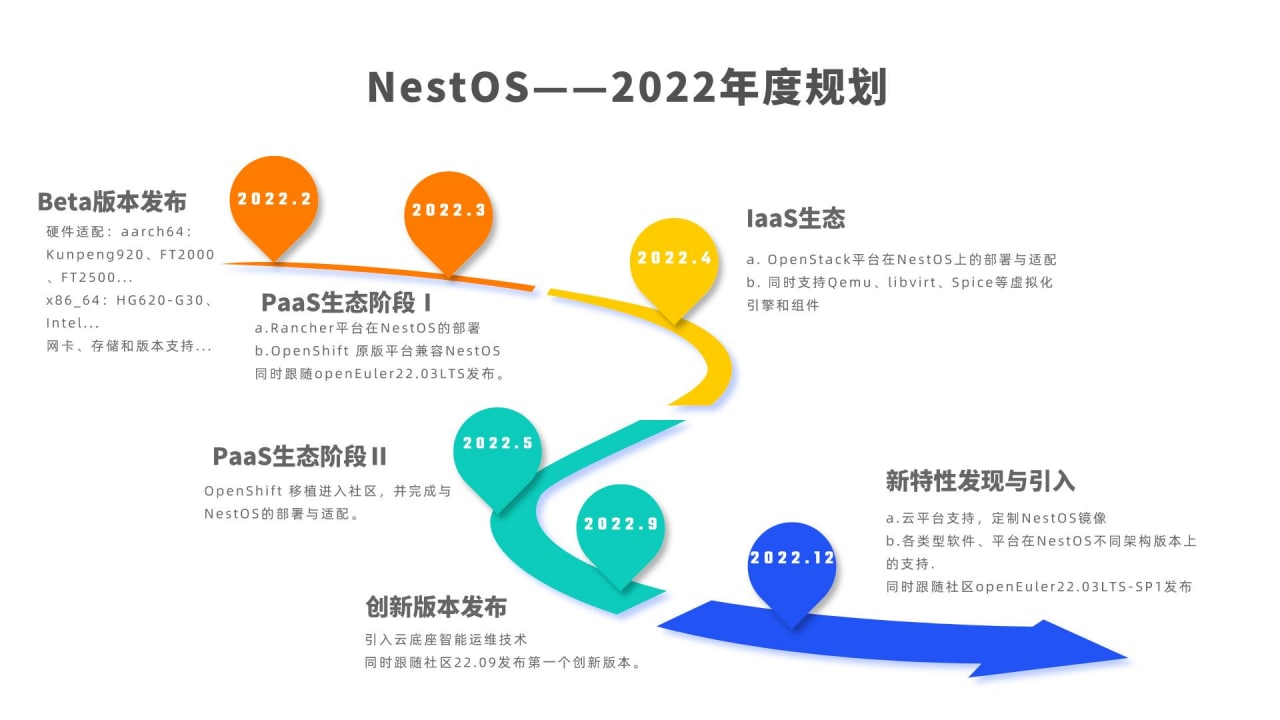
NestOS-assembler
It is a container image tool for building NestOS programs. It uses a few scripts, rpm packages, and tools required in the entire process of NestOS build-up. Currently, the nestOS-assembler released to OEPKG, and the kola component in this assembler supports the NestOS qcow2 and iso images for testing.
NestOS system usually associates with mainstream engines. For instance, iSulad, Docker, and Podman. Further, it can simplify the containerized workloads. The Cloud Base system has the function to begin the work from the same place. Thus, it saves the ignition file to configure the system and access the management.
NestOS Deployment of K8S
So far, Kubernetes introduced a command line system to simplify the installation process and for solving the availability problem. However, using the command line needs several steps and a lot of effort with extreme carefulness.
To eliminate these complicated methods, NestOS deployed the K8S system. It easily supports custom integration of binaries. For instance, kubeadm, kubelet, kubectl, and other packages. Moreover, you can complete the placement of various resources while installing the NestOS with the help of the K8S system.
NestOS OpenStack
You might have heard this term earlier as well. OpenStack is a cloud management project consisting of several essentials. For instance, Nova, Keystone, Glance, Swift, Cinder, etc. It offers firmware to develop and operate public clouds, private clouds, and other virtual mechanisms.
With this feature, it is convenient to manage an immutable framework and update the file configuration. The NestOS 22.09-LTS-SP1 is in the development phase. Interested developers can attend the sig-CloudNative and sig-K8sDistro.

(Source)
Euler
New OpenEuler 22.09 version support better features between Euler and HarmonyOS
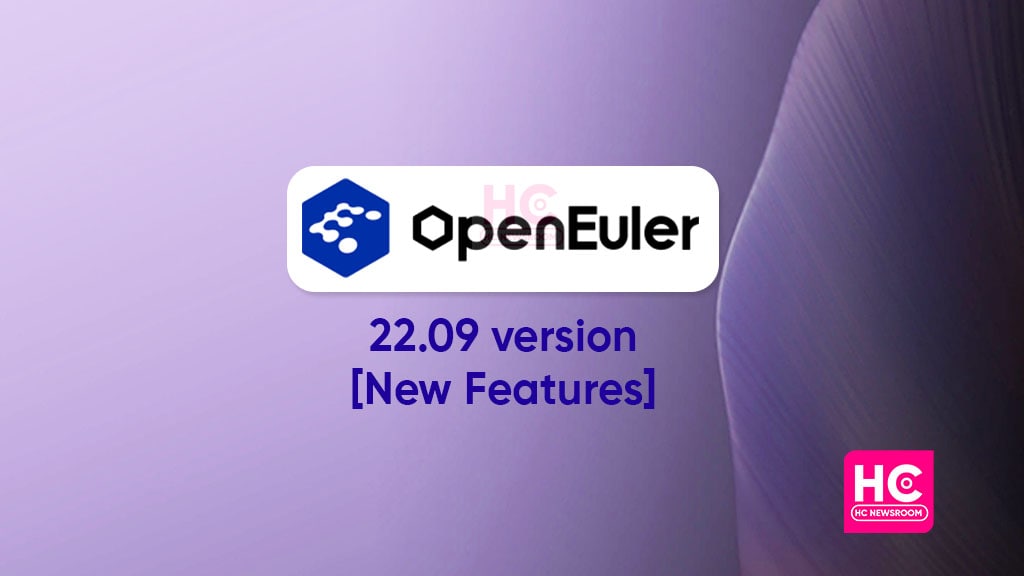
OpenEuler Community has officially developed and released the OpenEuler 22.09 version with some immersive features for the Euler and HarmonyOS system. Besides, it also brings expansion of computing power and some other high-end functions.
According to the new reports, the OpenEuler 22.09 build adds revamped system images for SW-64 and LoongArch architecture. Further, it supports ARM architecture memory fault tolerance enhancement, SME, and commercial secret acceleration. The latest version also holds Intel SPR kernel and visualization functions.
Apart from the architecture segments, the RISC-V adds four new operating functionalities: QEMU, D1, unmatched, and VisionFive. Additionally, the 22.09 version has also met the adaptation process of Raspberry Pi and Rockchip.
Consequently, one of the essential features of the OpenEuler 22.09 version is the extended support of integration between Euler and the HarmonyOS system. The latest build enables finer interconnection for both tech-pack systems with better optimization.
To ensure the compatibility of software and hardware products, the OpenEuler community has passed the latest build and Euler technology evaluation solution through the 221 certification process. This includes 204 general certificate procedures and 17 OS certificates. This solution works in the following aspects:
Server Scenario:
Based on eBPF tech, Flexible IO strategies of the Euler solution have improved the performance of big data concerns and computing-intensive applications by 10 percent. Besides, it also supports programmable kernels and increased the base performance by 20 percent.
Cloud and Edge Scenarios:
The Euler solution and new build have obtained the cloud-native function with easy runtimes and hybrid deployments. The utilization rate of virtualized resources has hiked by 30 percent. Besides, the memory noise floor is less than 50K, and performance improved by 10 times. It also supports NestOS, OpenStack Yoga version, and more.
Embedded Scenario:
The distributed soft bus has high-security functions, large bandwidth data transmission, and real-time control. Together, these increase the efficiency between Euler and HarmonyOS and explore more innovations.
Developer Tools:
- China Unicom developed Opensd elements for OpenEuler 22.09 supports OpenStack. It can exhibit one-click batch automatic deployment of OpenStack Service Components. As a result, it improves the effectiveness of operation and maintenance.
- GCC plug-in framework helps developers to improve and renovate compliers functions and their sharing ability. This framework supports two types of statistical plug-ins (Inline, and Variable) to provide better security and verification functions.
Desktop Scenario:
It supports UKUI, DDE, Kiran-desktop, GNOME, Xfce, Cinnamon desktop, and other interfaces to provide users with an excellent experience.
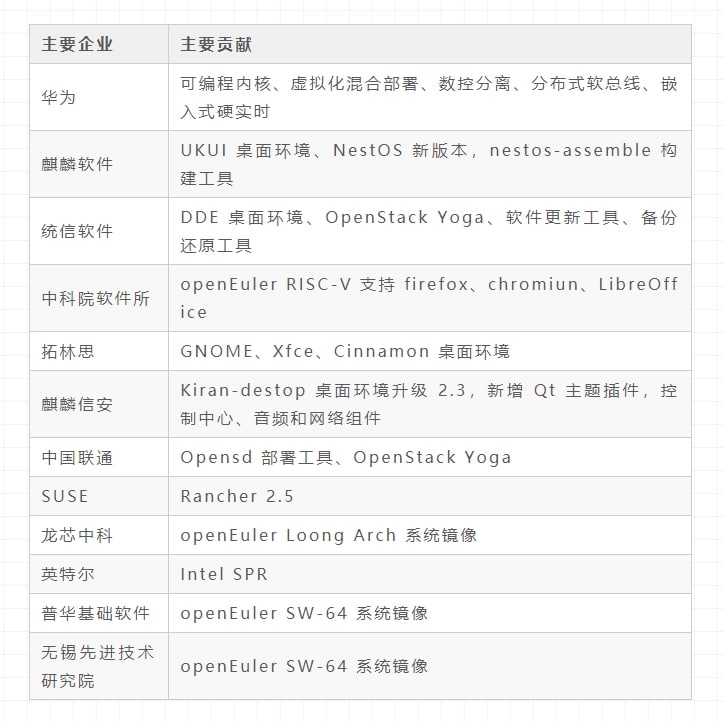
Participation of Developers
This is another innovative execution from the OpenEuler community. The latest version carries 670 million lines of code, 20.10 million lines of new code, and 48,000 lines of original code to the kernel. Alongside, there are more than 12,000 northbound source code packages and a total of 20.12 million lines of new code.
So far, 1265 developers have contributed to the latest build of OpenEuler. It’s worth mentioning that this time, the participation of developers for the new version has increased by 63 percent. This is the largest increase of developers for the OpenEuler till now.
On the other hand, the version also has positive feedback from 400 companies in the community. These companies are Huawei, Kirin Software, Tongxin Software, China Unicom, SUSE, Intel, Ultrasonic Fusion, Wuxi Advanced Technology Research Institute, Puhua Basic Software, and more.
The community is constantly inviting more chips, boards, and machine manufacturers to participate in the hardware driver adaptation and use the newly-arrived functions of the OpenEuler 22.09 build. You can check the hardware compatibility list HERE.
(Source)






